
The Consumer Research Group (CRG) has a number of activities planned over the coming months, which it would like to inform colleagues about.
Forthcoming Events
1. Interdisciplinary Research Week – May 13th, 12-2pm, Barnes LT, Talbot Campus
As part of this week of events, Juliet & Jeff (Management School), Janice (Media) and Siné (Science & Technology) will be presenting on interdisciplinary research in Consumer Behaviour. The event will start with lunch at 12 followed by our presentation at 12.30. All are welcome to attend.
Contact: Juliet Memery is hosting this event so please contact her if you have any queries or just come along!
2. Ideas Camp – 11th June, Russell-Coates Museum
Most of you will have seen Janice’s email about this. The idea is to have a day away from Campus when we can meet together as a group and start to think about working on research together. We hope that each of us will emerge with the beginnings of a research project that we can take forward.
Contact: Janice Dengri-Knott is hosting this event so please contact if you have yet to book a place on this event. We already have 20 bookings so please hurry as we may soon reach capacity for this event.
3. Making Contact with Business Event – 23rd June, Venue: TBA, Talbot Campus
As we work out our research we may wish to make contact with business in order to seek funding or work with industrial partners. Jayne Codling, Liam Toms and Rachel Clarke have kindly agreed to give a short workshop introducing you to how you might go about this. Many of you will have been involved with business previously but this will provide an up-to-date picture of how this is working at BU currently.
4. Writing effective research grants and getting research grant support – TBA, September
5. Speaker Series
Speakers are now being booked for September, November and January. We hope to be able to hold these in the early evening to allow both academics and business contacts to come along. Our aim is to provide high profile speakers talking on interesting/controversial subjects. More news will follow shortly.
Best wishes
Siné, Juliet, Janice & Jeff
 Minesh Khashu (BU Visiting Faculty and clinician in Poole Hospital) and Jeremy Scrivens published their third instalment of a series of online papers on the NHS. This contribution is called ‘Can We Heal an Ailing Healthcare System? Part 3’. They deep dive into this idea of transformation through a strengths-based approach. They consider how we can build an NHS Social Movement by bringing the whole system together to inquire into and extend NHS’s Positive Core. The blog (online paper) can be accessed here!
Minesh Khashu (BU Visiting Faculty and clinician in Poole Hospital) and Jeremy Scrivens published their third instalment of a series of online papers on the NHS. This contribution is called ‘Can We Heal an Ailing Healthcare System? Part 3’. They deep dive into this idea of transformation through a strengths-based approach. They consider how we can build an NHS Social Movement by bringing the whole system together to inquire into and extend NHS’s Positive Core. The blog (online paper) can be accessed here!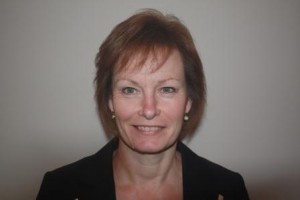

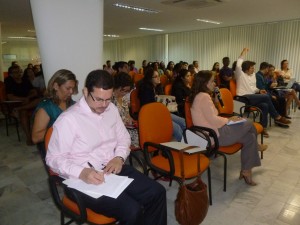

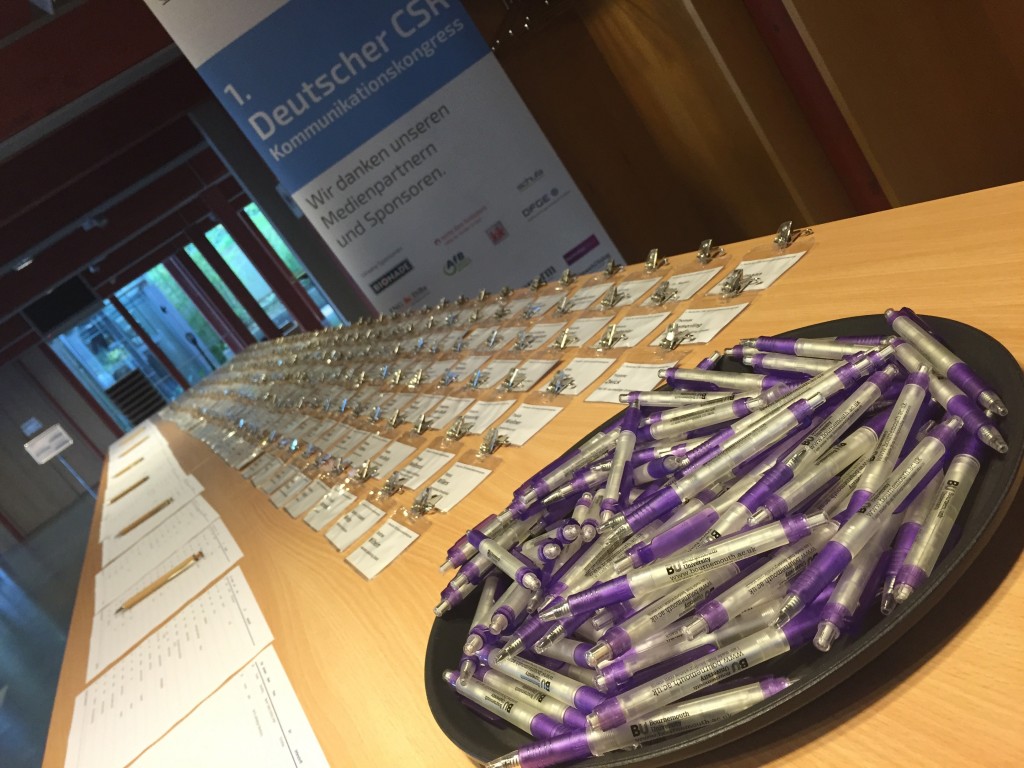
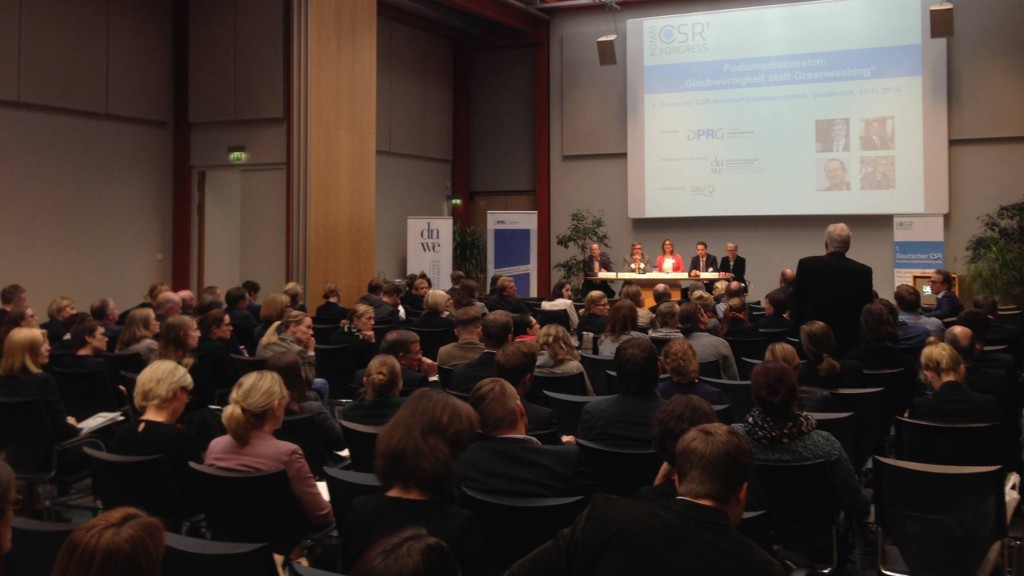
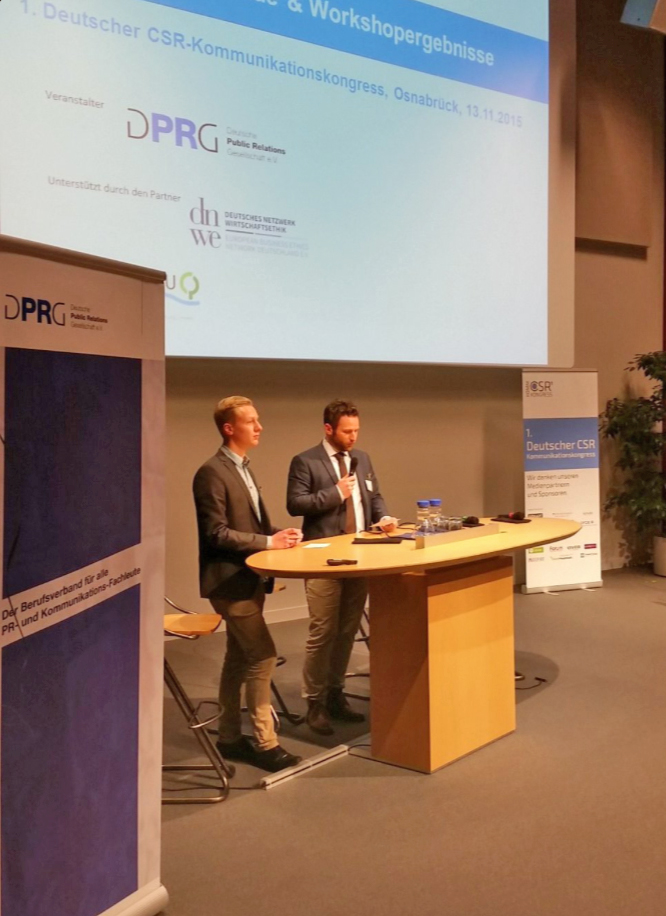
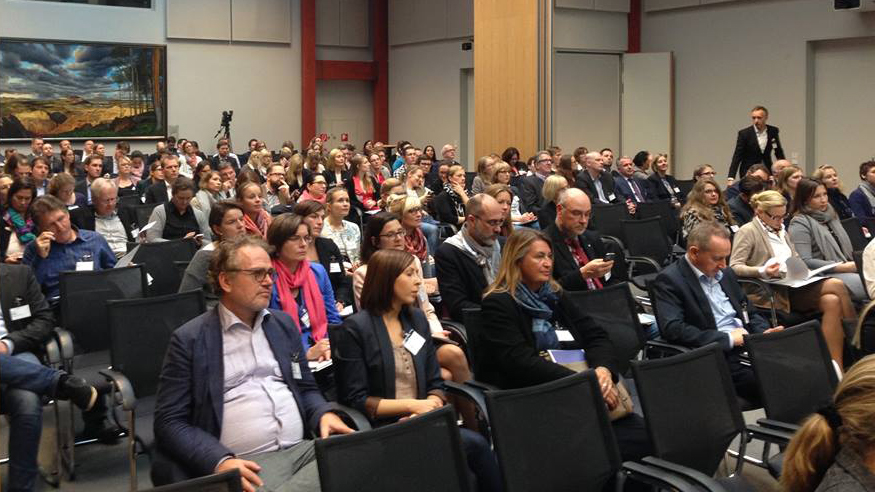

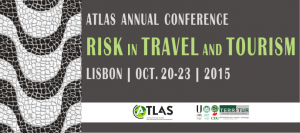
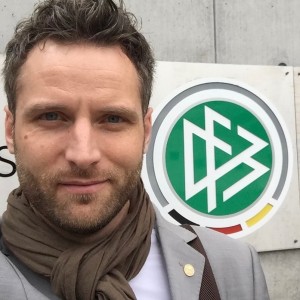
 Professor Jill Atkins of Henley Business School at the University of Reading will speak to the first of a new series of staff research seminars organized in the Faculty of Management on Wednesday, October 14, at 15:00 at Bournemouth House, BG14. Her topic, “Exploring rhinoceros conservation and conversation: The emergence of emancipatory accounting for ‘extinction’,” links problems of sustainability of natural resources with theoretical developments that seek to take better account of the environment.
Professor Jill Atkins of Henley Business School at the University of Reading will speak to the first of a new series of staff research seminars organized in the Faculty of Management on Wednesday, October 14, at 15:00 at Bournemouth House, BG14. Her topic, “Exploring rhinoceros conservation and conversation: The emergence of emancipatory accounting for ‘extinction’,” links problems of sustainability of natural resources with theoretical developments that seek to take better account of the environment.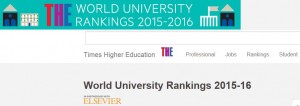
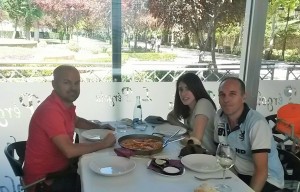

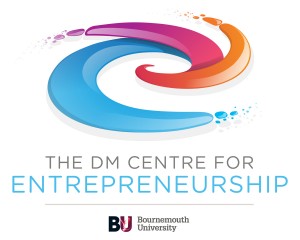












 REF Code of Practice consultation is open!
REF Code of Practice consultation is open! BU Leads AI-Driven Work Package in EU Horizon SUSHEAS Project
BU Leads AI-Driven Work Package in EU Horizon SUSHEAS Project Evidence Synthesis Centre open at Kathmandu University
Evidence Synthesis Centre open at Kathmandu University Expand Your Impact: Collaboration and Networking Workshops for Researchers
Expand Your Impact: Collaboration and Networking Workshops for Researchers ECR Funding Open Call: Research Culture & Community Grant – Apply now
ECR Funding Open Call: Research Culture & Community Grant – Apply now ECR Funding Open Call: Research Culture & Community Grant – Application Deadline Friday 12 December
ECR Funding Open Call: Research Culture & Community Grant – Application Deadline Friday 12 December MSCA Postdoctoral Fellowships 2025 Call
MSCA Postdoctoral Fellowships 2025 Call ERC Advanced Grant 2025 Webinar
ERC Advanced Grant 2025 Webinar Update on UKRO services
Update on UKRO services European research project exploring use of ‘virtual twins’ to better manage metabolic associated fatty liver disease
European research project exploring use of ‘virtual twins’ to better manage metabolic associated fatty liver disease